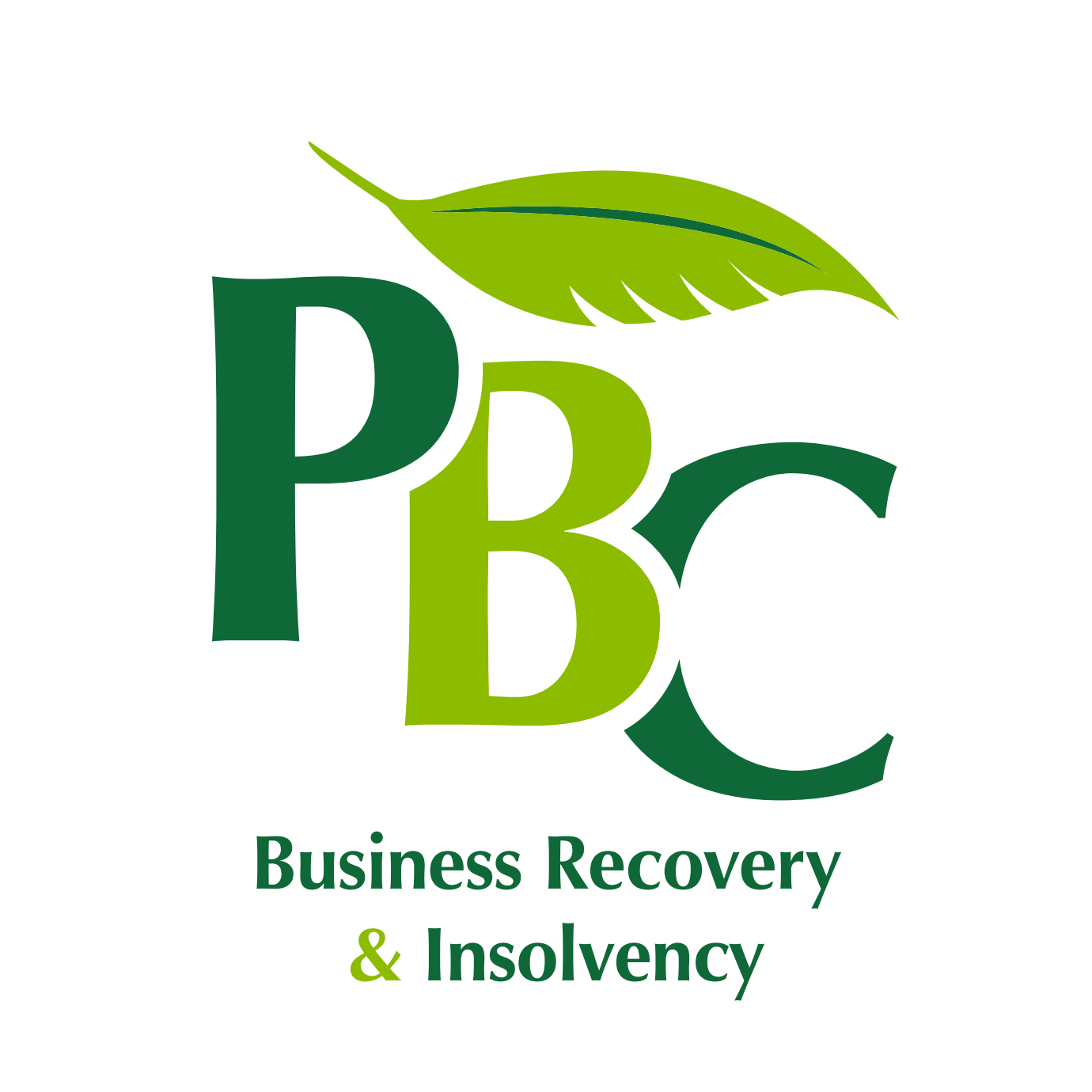Have you been told you owe money to your company under a director loan account (“DLA”)?
Sometimes directors follow a practice of borrowing from their company, only to extinguish that borrowing with a dividend around their financial year end. Others simply take a loan with a view to repay over an agreed period of time. However, an adverse loan account can also arise where purchases cannot be allocated to anywhere specific so, in default, are posted to a director loan account.
An adverse DLA is a debt repayable on demand so, if you resigned or the company entered into an insolvency event, you could find a demand for the full balance to be repaid forthwith. In saying this, where a company is profitable then “Repaying” by way of a dividend is a common practice. However, what happens if the company is (or is likely to become) insolvent?
Where insolvency is looming, the duty of the directors is owed primarily to the company creditors as a whole. Even if the company appears to be balance sheet solvent, the fact you are not paying your debts as they fall due means the company is insolvent. In this scenario paying dividends are likely to be declared as unlawful, resulting in a director having to address payment of the DLA if personal funds permit.
At PBC we have experienced directors being oblivious of any loan existing and, indeed, an analysis may show nothing is due or payable as the DLA was actually built up by genuine business expenses. However, the burden of proving the amount claimed is wrong falls upon the director. If they cannot prove the transactions were not for their personal benefit then the director is liable for the DLA.
The importance of maintaining a record of how a DLA is constructed was demonstrated in a case known as Re: Mumtaz Properties. In that case three directors were taken to court by a liquidator who was claiming repayment of three DLAs. The defence put forward was, if the liquidator had the books and records they would see the DLAs were not correct nor any debt owed. The court noted the directors were in breach of their duty whereby they had not delivered up to the liquidator the books and records. In pointing out that breach the court not only upheld the liquidator’s claims, but he made the directors jointly and severally liable for the aggregate total of the three DLAs, together with costs of the proceedings.
PBC have previously raised this subject, which is becoming a regular occurrence and repeat our advice where:
- First, ensure the balance is correct. All too often a DLA becomes a “Dumping” ground for unallocated accounting entries. Make sure you have an agreed balance.
- Does the company owe you money? If you have paid for goods or services using your own funds or credit card, have these been posted to the DLA? This may also include your employee entitlements, in terms of wages and accrued holiday pay.
- If you can, repay the agreed balance, which in turns prevents the Redundancy Payments Service from using an adverse loan to reject a director’s potential employee entitlements.
- Offer to repay the agreed balance to an appointed liquidator by way of instalments.
- Alternatively, offer a one-off payment in full and final settlement.
Settlements (either by way of instalments or otherwise) are always open to negotiation but can make repaying a DLA more manageable or, in the case of a lump sum settlement, remove that burden from a directors’ mind.
The key message is where a DLA exists, take advice, and be prepared before taking that next step.
If you require any advice or assistance on any insolvency-related issue, then please contact PBC Business Recovery & Insolvency to discuss and advise on your situation on (01604) 212150 (Northampton) (01908) 488653 (Milton Keynes) or email to enquiries@pbcbusinessrecovery.co.uk.
Alternatively, visit www.pbcbusinessrecovery.co.uk for further information.


